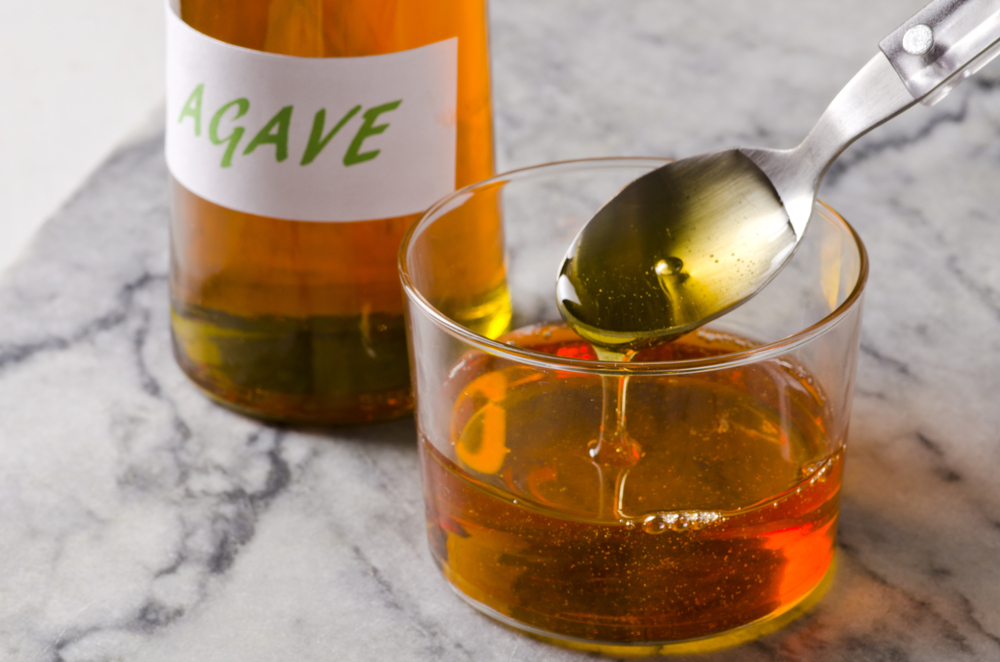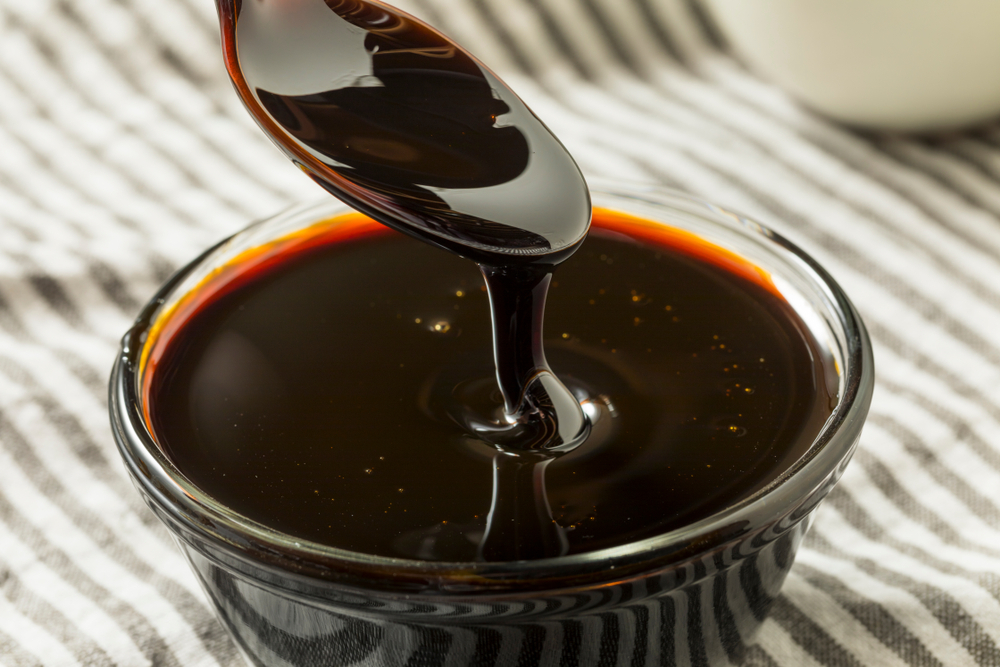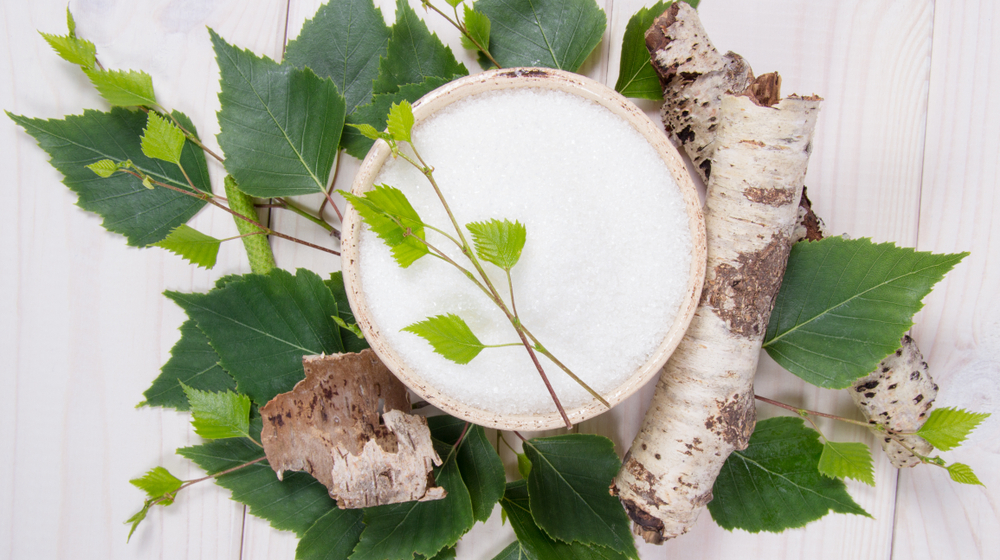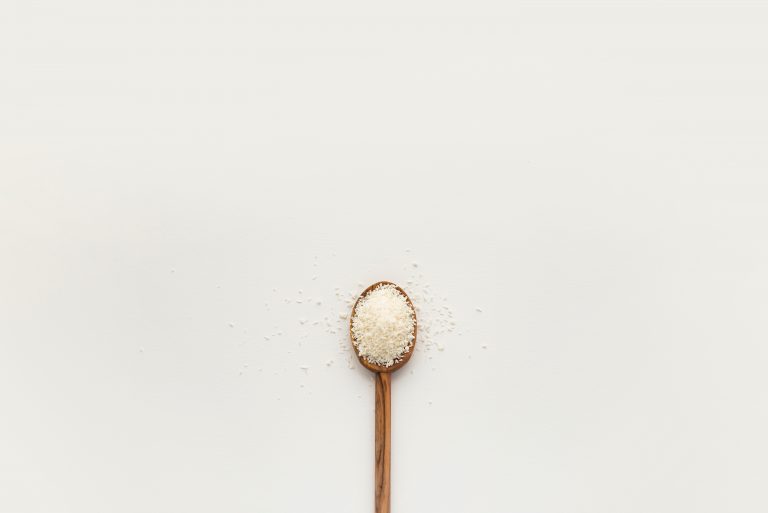These terms are so widely known that we will not discover America by writing that sugar is unhealthy and needs to be restricted. It is also not a secret that even those who eat the most thoroughly as possible have an unrestrained desire for something sweet once in a while. What sweetness to choose then? How do you sweeten a homemade cake so that you can treat your family without remorse with the knowledge that it is healthy?
Carbohydrates yes, but sugar no longer ?!
The main source of energy for our diet should be carbohydrates, however, it should be remembered that these are complex ones, while added sugars (sucrose and simple sugars) should not exceed 10% of the calories of our menu. With a diet of 2000 kcal, it is max. 50 g of simple sugars.
Is it a lot or not? A glass of cola has about 25 grams of sugar, and 50 grams of muesli bar has over 30. As you can see, these snacks would exceed the limit, but you must remember that sugars are commonly added to food and we do not even know how much we consume during the day . They are also found in dairy products (lactose) as well as fruit (fructose - however, do not be afraid of this fruit, it is safe as opposed to fructose added to sweets and beverages).
Unless we use white sugar, do not drink sugary drinks and do not eat sweets, we do not have to worry about exceeding these 10%. We do not suggest that you fall into orthorexia - once in a while you even have to "sweeten your life", but it is worth being aware of what sweetness to choose and what to avoid. This is also what our next two articles will serve, which we encourage you to read in advance. However, in this we will briefly discuss the consequences of consuming white sugar in excess and the best and worst sugar substitutes.
Consequences of excess sugar in the diet
- weight gain
- increase in body fat
- greater risk of developing related diseases (type 2 diabetes, hypertension, dyslipidemia, cardiovascular disease, various types of cancer)
- less intake of fiber, fruit and vegetables
- increased risk of tooth decay
- elevated triglycerides and LDL in the blood serum
- addiction to sugar
- and many others
Sugar Swing
Eating sugar in the form of sweets, sweetened drinks, or the confectioner comes to the body to a rapid increase in glucose, which causes increased insulin secretion, and as a result, a rapid drop in blood glucose. The process of such sudden fluctuations is called the glycemic swing, which is an unfavorable phenomenon. When the glucose level drops, so does the serotonin level. happiness hormone. Then the mood gets worse, we become hungry, we feel like something sweet, so we fall into a vicious circle. We eat a chocolate bar, we feel like having another one, after a while for chocolate, and from day to day it turns out that a day without something sweet borders on a miracle.
Sugar has many names
Glucose-fructose syrup, corn syrup, cane sugar, brown sugar, sucrose, glucose, invert sugar, dextrin, dextrose, malt, birch sugar, maple syrup, or agave syrup - all this is sugar, one better, the other worse, although not it changes the fact that there are sugar under these names. Many people consider agave syrup, or cane sugar as healthy, nothing more wrong.
Due to the fact that sugar has many "names" one should always read the labels carefully and look at the table of nutritional value, and precisely the amount of sugars that are always mentioned under total carbohydrates. As we have already written, sugar is found not only in sweets. Its large amounts may include, for example, ketchup, barbeque sauce, salad dressing, spagetti sauce, carton juice, flavored coffee, and even bread - the fact that the bread is brown does not necessarily mean that it has a lot of bran and is healthy, can be caramelised , that is, have an added sugar.
Alternatives to sugar
There are many of them, but we will focus on the ones that are most often used and those that we particularly recommend.
We discourage
- Brown cane sugar

In fact, except that it comes from a different plant (from cane, not from beet) than white sugar, it has the same properties as sucrose, which should be avoided. It is often mistakenly considered to be healthy and more natural compared to white, and because of its color often confused with unrefined sugar. The production process of brown sugar is exactly the same as white, and the brown color is given to it by adding previously removed molasses and re-drying the crystals.
- Agave syrup

Agave syrup consists of 70-90% fructose (white sugar is 50% fructose and 50% glucose). Isolated fructose, and this is exactly what is in syrup, goes directly to the liver, where it can intensify the production of triglycerides, LDL cholesterol (ie the 'bad'), and as a result of its metabolism insulin resistance may increase. Therefore, diabetics especially should not reach for it, and unfortunately, it often happens that by suggesting information about the low glycemic index and that's what they are doing.
We recommend:
- Molasses

Molasses is formed as a by-product during the production of food sugar. It contains about 20% water. Molasses can be beetroot (obtained in the production of sugar beet) or reed (obtained in the production of cane sugar). Beetroot contains about 50% sucrose, while reed, generally considered to be better, sucrose has about 38%. Both find, among others amino acids, vitamins, minerals such as magnesium, potassium, calcium, sodium, copper, phosphorus, chromium, zinc. Molasses is called the black gold or the black miracle of nature. We recommend this black miracle!
- Xylitol

Xylitol, or birch sugar, is obtained from birch bark. It has 40% less calorific value than white sugar and is much more slowly absorbed from it, so it does not cause a rapid increase in blood glucose and does not require immediate insulin response, which is safer for people suffering from diabetes. It has beneficial effects, for example, it helps to prevent tooth decay, some studies suggest that it helps to prevent gum disease.
- Stevia

It is a natural sweetener of plant origin. However, we will devote a separate article to it, because in recent times, as a controversial product, it requires a more detailed discussion.






